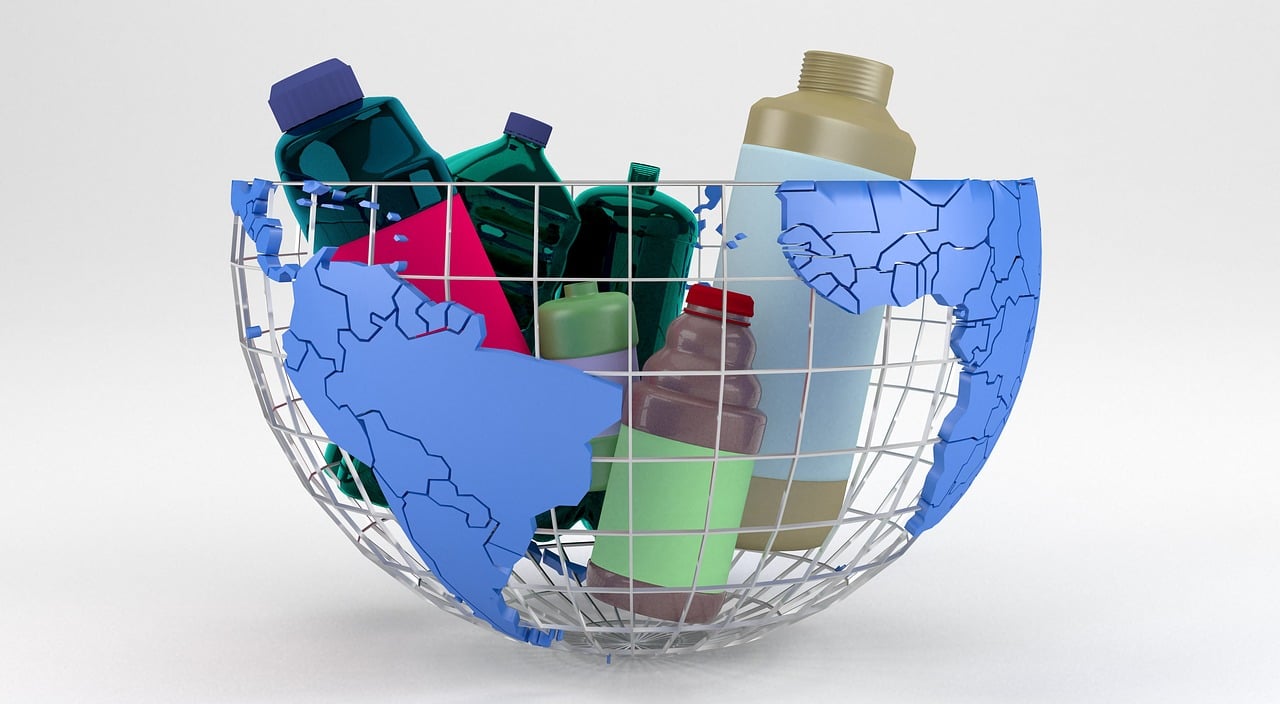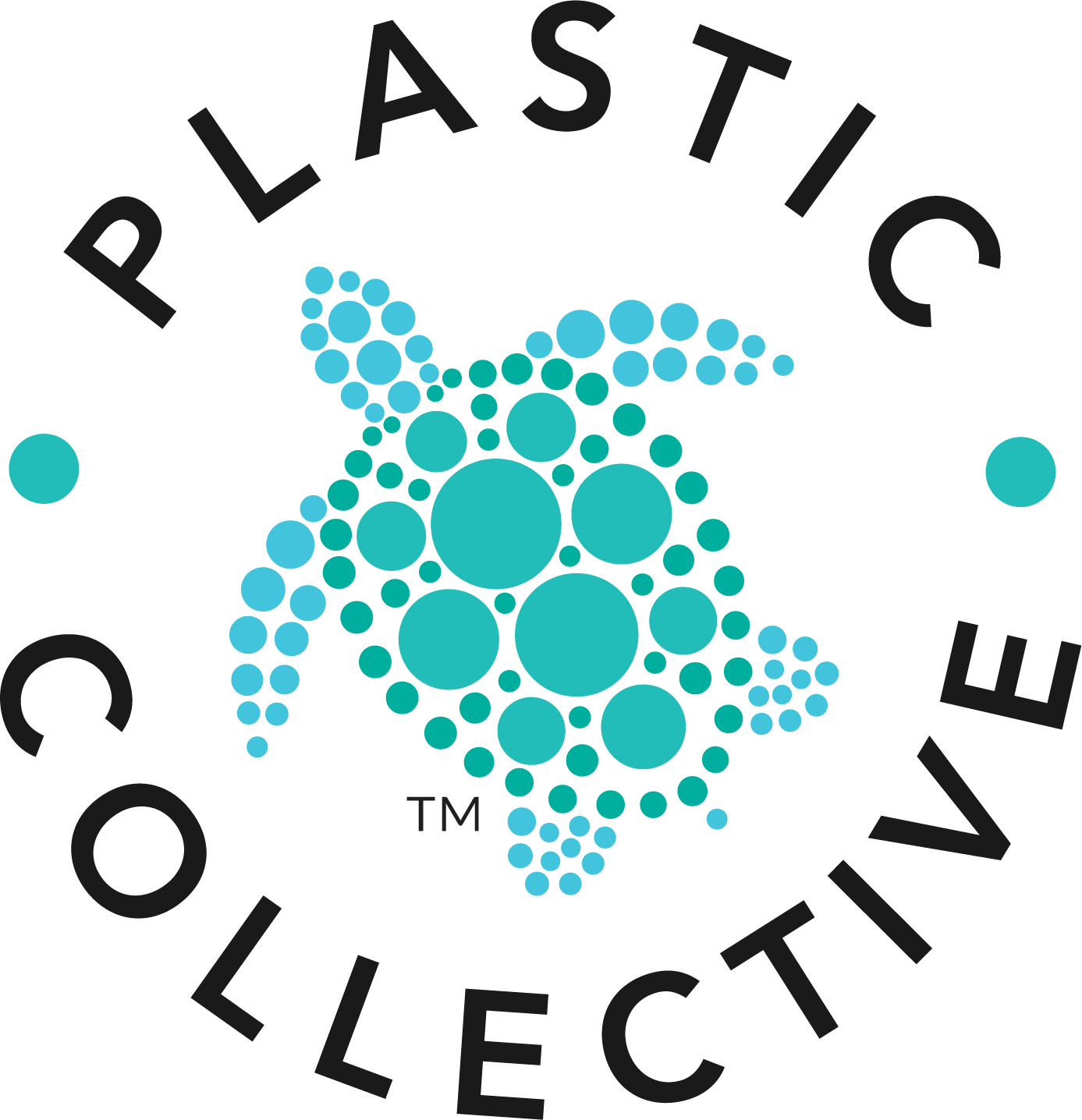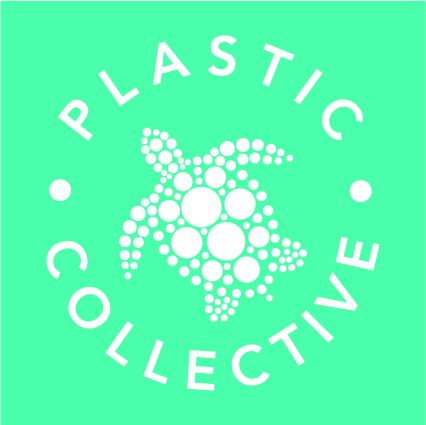Guide to Plastic-Free July

Plastic Free July is a campaign and global movement that runs each year in July and was is run by the Plastic Free Foundation. the campaign itself has been running since 2011 and has been gaining popularity each subsequent year it runs.
On the the main goals of the Plastic Free July campaign is to change the way we think about the plastic that is being used. With an objective to help reduce plastic waste that is generated and to help promote and create a plastic-waste free environment. The initiative encourages individuals and businesses, to reduce the single-use plastics that they use for the entire month of July each year.
Why Plastic-Free July is Important
The environmental crisis caused by plastic pollution is something that should not be ignored. Each and every year, it is thought that over 8 million metric tons of plastic end up in our oceans, and it’s estimated by UNESCO that by 2050, there will be more plastic in the sea than fish. This is where the importance of sustainability and Plastic Free July comes in.
Another aspect of Plastic Free July is its focus on sustainability issues. Sustainability is about looking to meet the needs of the current world’s population without compromising the needs of the future. Embracing sustainability means making choices that lessen our environmental impact now.
Plastic Free July isn’t just about reducing our own plastic waste, it’s also about raising awareness of the issues. The campaign is about educating ourselves and others on the scale of the plastic problem and the steps we can take to mitigate it. The more people that participate in Plastic Free July, the more significant the impact is on reducing plastic pollution.
The impact of plastic on the environment is devastating. Plastic waste, particularly single-use plastics, has traditionally been non-biodegradable, which means that these plastics can take hundreds of years to decompose.
When plastics decompose the break down into smaller pieces called microplastics which are perhaps even more harmful to the environment. These microplastics are ingested by marine life and subsequently, can enter the human food chain, potentially impacting human health as they are believed to be carcinogenic.
Another issue related to plastic production is climate change. The reason for this is that plastic manufacture involves the extraction and transport of fossil fuels and this process emits greenhouse gases. If plastic production and its use continue to grow as expected, it is thought that by 2030, these emissions might hit 1.34 gigatons per year. To put this into perspective, this is the equivalent of the total emissions that nearly 300 coal-fired power plants would release. This is not even considering the issue of plastic disposal which often either ends up in landfills or is incinerated.
Take Part in Plastic-Free July
Preparation and mindfulness is key to a successful Plastic-Free July. Look at the plastic items you use daily and identify what can be replaced with reusable or compostable alternatives.
Next, make a list of plastic-free swaps for the items you identified. This could be as simple as using a reusable coffee cup or grocery bag or more complex like making your own cleaning products to avoid plastic packaging.
There are many simple swaps you can make for a Plastic Free July. For instance, switch from plastic toothbrushes to bamboo ones and from bottled soaps to bar soaps. Choose loose fruits and vegetables over pre-packaged ones, and bring your own bags to the supermarket instead of paying for new plastic bags each time.
Try to avoid buying bottled water or drinks in plastic bottles and instead bring your own drinks in reusable containers or make use of public water refill spots when available. Plastic water bottles and similar containers are some of the worse offenders when it comes to the amount of plastic waste being discarded.
Finally, get your household or workplace on board. Share your Plastic Free July plans with them and encourage them to join in. The more people participate, the greater the impact.
After Plastic Free July
Maintaining a plastic-free lifestyle beyond July is about making sustainable habits stick. Start by reflecting on your Plastic Free July experience. What were the challenges? Which swaps were easier or more difficult to make?
Next, set realistic goals for your continued plastic-free journey. You don’t have to eliminate all plastic at once but aim for steady progress. Often it is more about thinking about what you are consuming and what materials things are made of. For instance simply considering if there are more environmentally friendly options available can make a difference to the amount of plastic produce that you need to use.
Finally, stay informed about new sustainable products or practices, and share your knowledge with your community. Remember that any small steps or changes that you make will add up over time. For example taking your own cup to a local cafe or a tote bag or a reusable grocery bag to the grocery store will quicky become a habit and make a big difference to your own individual plastic footprint. The more people that make these small changes in their everyday life, the better it is for everyone.
How Businesses can get Involved with Plastic Free July
Businesses become a big part of the solution when they decide to actively work to reduce their plastic usage and switch to plastic free solutions. This is especially so when a business decides to reduce its single-use plastic waste. This can be both internally as an organization but also changing the way they do business. For instance, ensuring that staff have plastic free alternatives in the workplace instead of single use plastic.
Businesses looking to reduce their plastic waste can also explore their business processes to understand how plastic is used in the business to find alternative materials that are more sustainable and are part of the circular economy and will not simply end up in landfill.
Businesses can also be the driving force for change – instead of waiting for legislation such as plastic bag taxes or plastic straw bans to be enforced. For example coffee chains that have a reusable cup policy can make a positive difference to the world that we live in.
Sharing Your Journey on Social Media
Sharing your Plastic Free July journey on social media can inspire others to join the movement. You can share your experiences, challenges, victories, and tips for reducing plastic waste in your daily life.
Use hashtags like #PlasticFreeJuly to connect with like-minded people who are also committed to reducing plastic pollution. You can also follow and engage with sustainability influencers and organizations for ideas and inspiration. Remember, the goal isn’t to be perfect but to make progress. Every plastic-free choice is a step forward.
Resources for Plastic-Free July
Numerous resources are available to help you succeed in your Plastic Free July challenge. The Plastic Free July website offers a wealth of information and practical tips. It provides guides, posters, and toolkits that you can use at home, work, or school.
There are countless blogs, forums, and social media groups dedicated to living plastic-free. You can find recipes for homemade cleaning and personal care products, reviews of sustainable products, and advice from people who have been living plastic-free for years.
Locally, check if your area has bulk stores, farmer’s markets, or zero-waste shops. These establishments often offer plastic-free options and support sustainable practices.
How the Plastic Collective Helps
In the face of the plastic pollution crisis, initiatives like Plastic Free July show us that change is possible. They remind us that every action counts and that we can make a difference together.
So, every July go plastic-free. Encourage others to do the same. And remember, the goal isn’t just to be plastic-free for a month, it’s to create sustainable habits to remove or reduce excessive plastic use.
The Plastic Collective works with people and groups around the world to reuse discarded plastic waste which in turn supports their local communities. The Plastic Collective also works with business to reduce their plastic footprint and move towards becoming plastic neutral. The service we offer provides organizations with all the tools and resources it needs to mitigate its plastic footprint.
If you’re a business that is looking to become a plastic neutral company, then the Plastic Collective can help. Contact us today to learn more about our plastic neutral scheme.
As a part of your Plastic Free July journey, The Plastic Collective also has a scheme for individuals to become a plastic neutral individual. Pledging a donation to the Plastic Collective and in turn also reducing your own plastic consumption can make a big difference.
Image by 3D Animation Production Company from Pixabay

